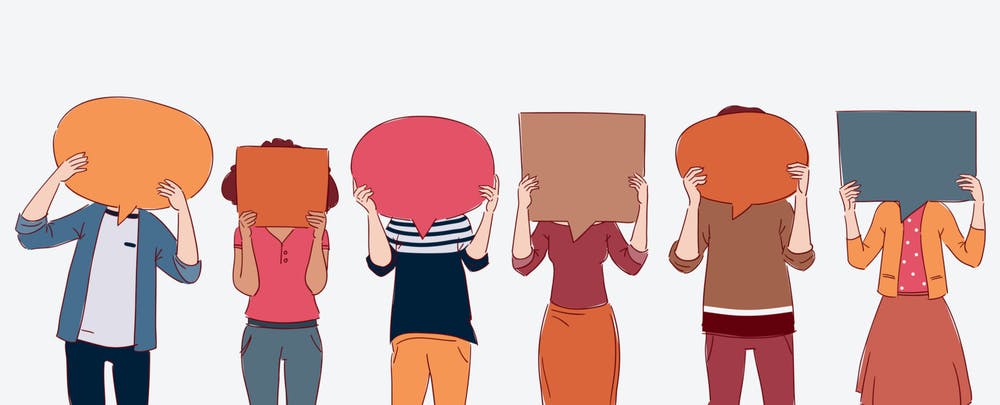It’s no secret that talking about mental health is not normal in today’s society…yet.
You might tell your friends when something is stressing you out, or even that you’re anxious about an upcoming event at work.
But when we are really struggling with depression, anxiety, fear, worry; we often reach for excuses instead of open conversation.
“Sorry I have plans” or “I’m out of town” instead of “I’m just struggling right now and I need to take care of myself.”
We give these excuses to the people closest to us like friends, family, or co-workers. All the people who, in reality, are our support network.
Why do we feel like we have to hide the fact that everything isn’t perfect, even from those who matter most?
Mental Illness is Normal
The fact is that anxiety, depression, and stress are all completely normal human responses.
More than half of us will be diagnosed with a mental illness or disorder at some point in our lives.
In the United States, 1 in 4 adults will experience mental illness in a given year.
Mental illness is one of the most common health conditions in the world. More common than diabetes, heart disease, or any type of cancer.
So why don’t we talk about it?
Stigmatized Throughout History
“Stigma” involves negative attitudes or discrimination against someone based on a distinguishing characteristic.
Mental illness has a long history of stigma attached to it. Hundreds of years ago, mental illness was believed to be spiritual in nature and associated with witchcraft, possession, and demons.
Today, we know that is a bunch of nonsense. But still, the stigma persists.
Society still promotes stereotyped views of mental illness and its effects on people. News reports link mental health to violence and danger. Movies and TV shows portray villains as mentally ill or unstable.
Social media is no help either. We constantly see our friends expressing the very best parts of their lives and think that we are the only ones experiencing any hardship.
What originally emerged out of fear and a lack of understanding has persisted, even with the knowledge and access to information we have today.
It’s time for the stigma to end.
The Future Is Stigma-Free
Thankfully, we are making progress as a society.
One of the silver linings of the Pandemic was worldwide media coverage on the mental illnesses associated with the isolation, job loss, and fears that we all experienced in one way or another.
Hashtags like #inthistogether and #notalone went viral.
The CDC released guidelines on managing anxiety, stress, and depression during isolation.
In the corporate world, many companies began to prioritize their employee’s mental health, launching massive initiatives and partnering with professionals.
People were reaching out, checking in on one another, scheduling yet another zoom happy hour.
It was a time of progress during a time of adversity.
But now, as things slowly creep back to normal, is when the real work begins.
That’s where we all come in.
It’s up to us to keep pushing the progress forward and continue the path that we’re on.
It’s time to double down on our efforts in normalizing conversations about mental health and fight the stigma together.
There are many ways you can be a driving force and we outline five for you right here.


